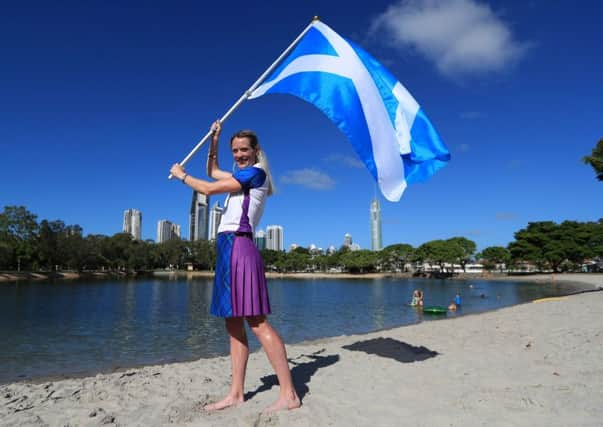Commonwealth Games: Does the event have a future beyond 2022?
This article contains affiliate links. We may earn a small commission on items purchased through this article, but that does not affect our editorial judgement.


The 2014 Glasgow Games were viewed as a high point in terms of organisation and public enthusiasm. Demand for the available volunteer roles far outstripped supply. Hampden roared as Olympic track icon Usain Bolt led Jamaica to Gold in the 4x100 relay. But that relative success did little to inspire other Commonwealth cities to apply to host the next Games up for grabs in 2022. In the end, Birmingham was the only bid to be formally submitted to the organising committee ahead of the 2017 deadline. It will be the third time this century the Games have been hosted in the UK.
Echoes of colonialism continue to surround the event, which was known as the British Empire Games until 1966. Some campaigners in Australia have taken to referring to it as the ‘Stolenwealth Games’ - a reference to the European settlement of the country at the expense of the indigenous population. Organisers have made strenuous efforts to look beyond this difficult legacy.
Advertisement
Hide AdAdvertisement
Hide AdGold Coast, the Australian host city of the 2018 Games, has grappled with these issues in recent weeks. But organisers are confident of a well-run celebration of sport. Peter Beattie, a former premier of the state of Queensland, and the chairman of the Gold Coast Games, told the New York Times he empathised with those who had reservations about the event.
“I understand that there’s always a bit of cynicism: is this the remnants of the Empire? Look, it came from the Empire Games, but its relevance and relationship with the Empire Games is very tenuous,” he said.
David Grevemberg, chief executive of the Commonwealth Games Federation (CGF), claimed the modern event stood for peace and prosperity. “The Commonwealth has stood for generations now for fighting for fairness and freedom,” he said in a statement.
“From our standpoint we’re more relevant now than ever before for the things that have historically challenged the Commonwealth, to the ambitions and aspirations that this Commonwealth looks to uphold: peace, prosperity, good governance and human rights.”
Australian cycling great Anna Meares told AFP the Games remained well regarded by athletes, and provided a crucial opportunity to gain experience. “The people who seem to critique it and question its relevance are people who perhaps aren’t involved in the sport itself,” the former Olympic and Commonwealth champion said. “You ask any athlete where the relevance of the Commonwealth Games sit and they’ll tell you it’s right up there.”
The future of the Games is tied to the future of the Commonwealth itself. Questions remain over who will become Head of the Commonwealth when the Queen dies. While many presume the job will pass to her son, Prince Charles, his nomination is unlikely to be approved unanimously.
Republican sentiment in Australia remains high. The prospect of a another referendum on the country’s constitutional future is likely to take place at some point in the coming years. If Australia dropped out of the Commonwealth, the Games would lose its strongest supporters outside of the UK.
Nick Atkins, who runs a co-working space on the Gold Coast, told the New York Times he was more excited about the government’s spending on infrastructure than the events themselves.
Advertisement
Hide AdAdvertisement
Hide Ad“For me, personally, I don’t know who the Commonwealth’s best javelin thrower is, or table tennis player or swimmer,” he said. “But there’s an undeniable positivity on the Gold Coast for it. In an identity sense, I would like to become a republic — I don’t see the need for us to be part of the Commonwealth, really, anymore,” he said.
The bid process for hosting the 2026 Games opened last month. CGF president Louise Martin said the organisation was calling on countries and cities to come forward with expressions of interest for 2030 and even 2034. But whether that demand materialises remains to be seen.
